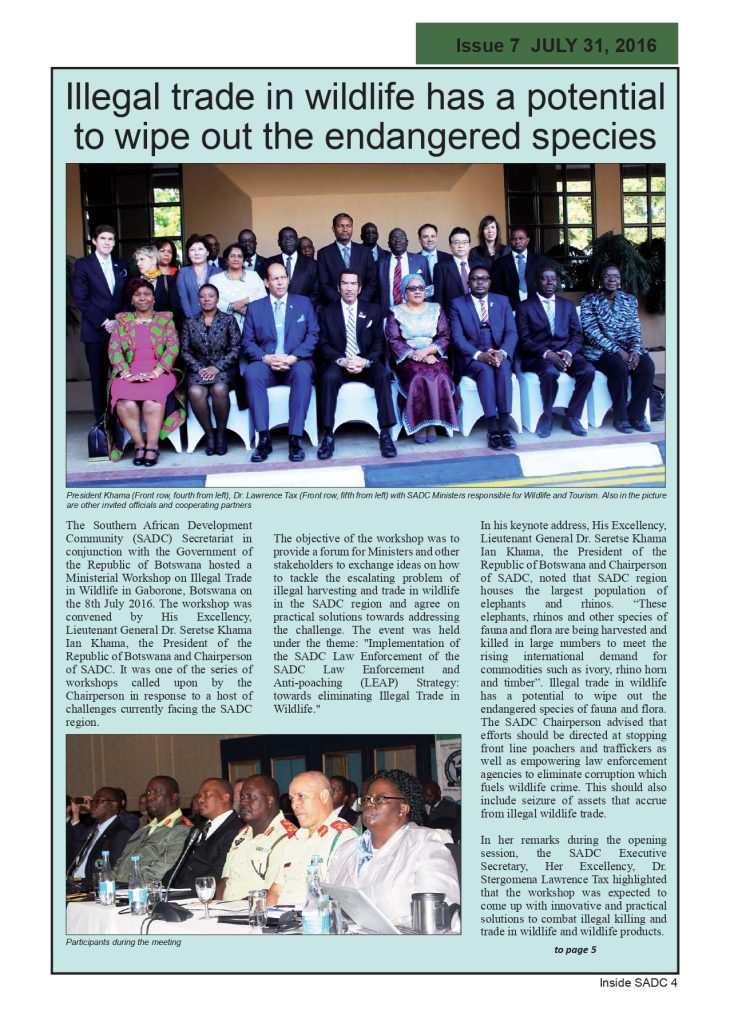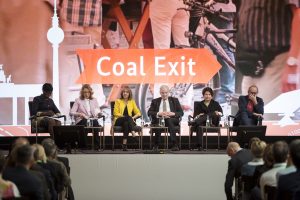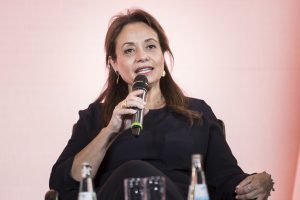To realise their Nationally Determined Contributions, African countries have since seen the need to unite to reach their unconditional and conditional targets.
To achieve their goals, country representatives attending the 24thConference of the Parties to the United Nations Framework Convention on Climate Change (COP24) in Katowice, Poland acknowledge their need for finance, as money is crucial for the implementation of their Nationally Determined Contributions (NDCs). To date, 49 African countries out of 54 have ratified their NDCs. According to the African Development Bank (AFDB), the continent will need USD 3 trillion in mitigation and adaptation by 2020 in order to implement.
Of current, the AFDB says that Africa spends at least 2 percent of its GDP on climate change, an act some consider to be at the expense of development. Despite this, in order to move very fast towards saving the continent while significantly contributing to the continued existence of the planet, some African countries like Lesotho have committed 10 percent of their GDP to adaptation and mitigation as they see the need for African countries to use their own resources to achieve. “Agenda 2063 says we should fight for the Africa that we want,” said Francis Mokote Hloale, Lesotho’s Minister of Energy and Meteorology
Speaking during the ongoing two week climate change conference, Anthony Nyong, the Director, Climate Change and Green Growth of the African Development Bank said African countries are only getting 3 percent of the Green Climate Fund, a percentage he said is equivalent to 12 billion. “To successfully implement the NDCs, how do we move from billions to trillions?” he questioned.
In 2017, the AFDB played a crucial role in financing a climate smart Africa. It mobilised USD404 million from different climate finance facilities. USD 1.94 billion came from the bank’s own resources, while USD 2.35 billion in AFDB approvals of climate finance operations out of USD 8.8 billion in total approval was used. Of the total climate finance approvals 67 percent were in mitigation projects and 33 percent in adaptation.
AFDB’s efforts are inspired by the fact that under the Paris Agreement, all African countries agreed to take collective action on climate change to keep global temperature increases to no more than 2 degrees Celsius above pre-industrial levels. “Our NDCs have been ambitious,” said Nyong. Africa’s NDCs outline bold aspirations to build climate resilient and low-carbon economies. To this end the African Development Bank launched the Africa Financial Alliance in Climate Change (AFAC), an initiative that brings together Africa’s financial sector to combat climate change by building an ecosystem of financial institutions in Africa.
Africa’s efforts are driven by the fact that climate change presents a major threat to Africa achieving its Sustainable Development Goals. Extra motive has been presented by the recently launched Intergovernmental Panel on Climate Change (IPCC) report which highlights the grave consequences of temperature rise above 2.5 degrees Celsius for Africa.
By working towards self-finance, Africa is not turning its back on the green climate fund. Developing countries, including the 54 African countries, are expecting clearer commitments on the finance promises made by the developed world.
-END-





